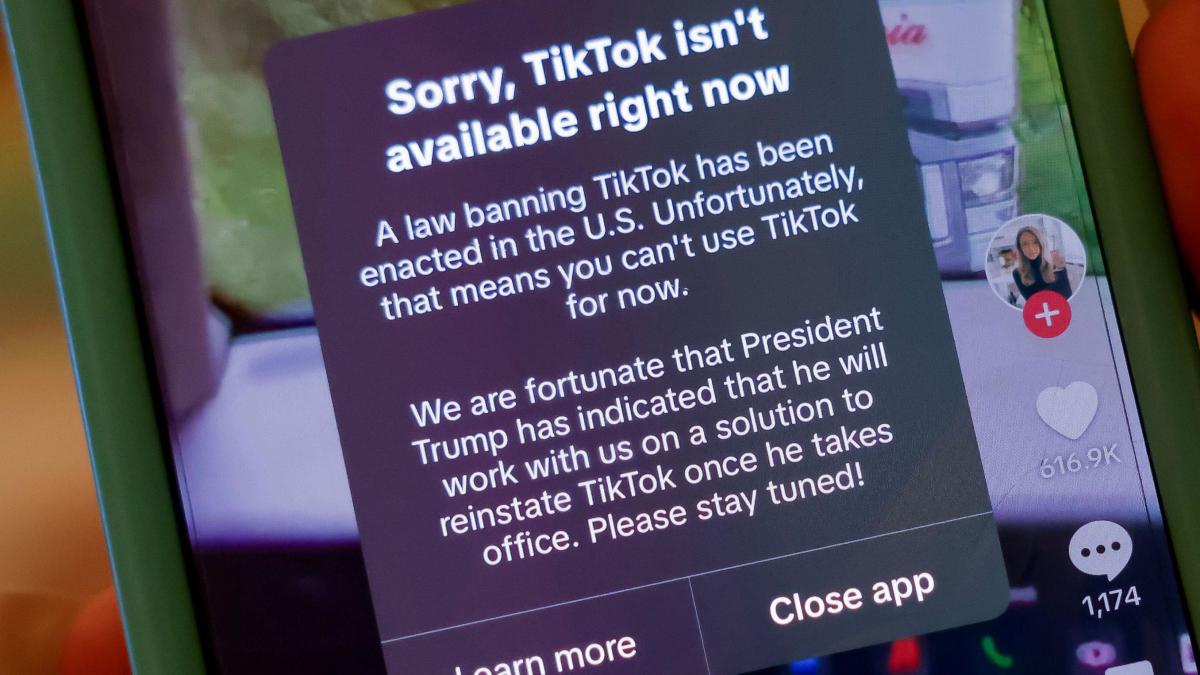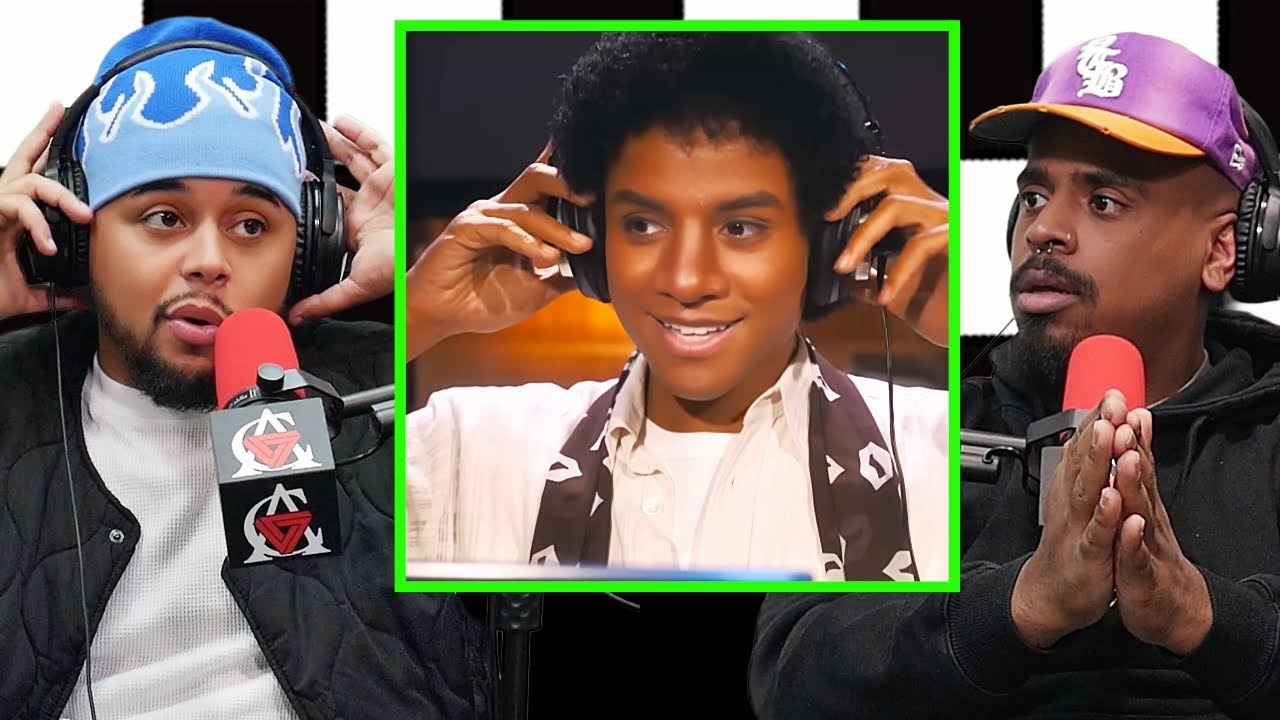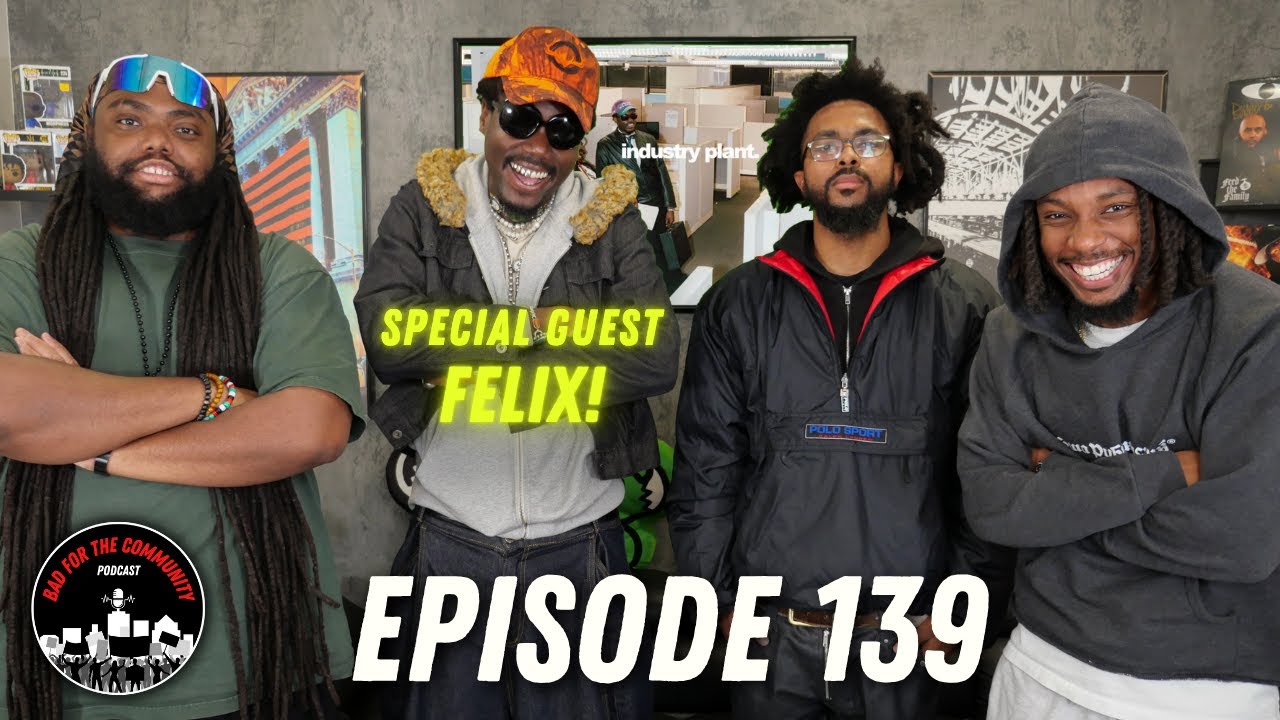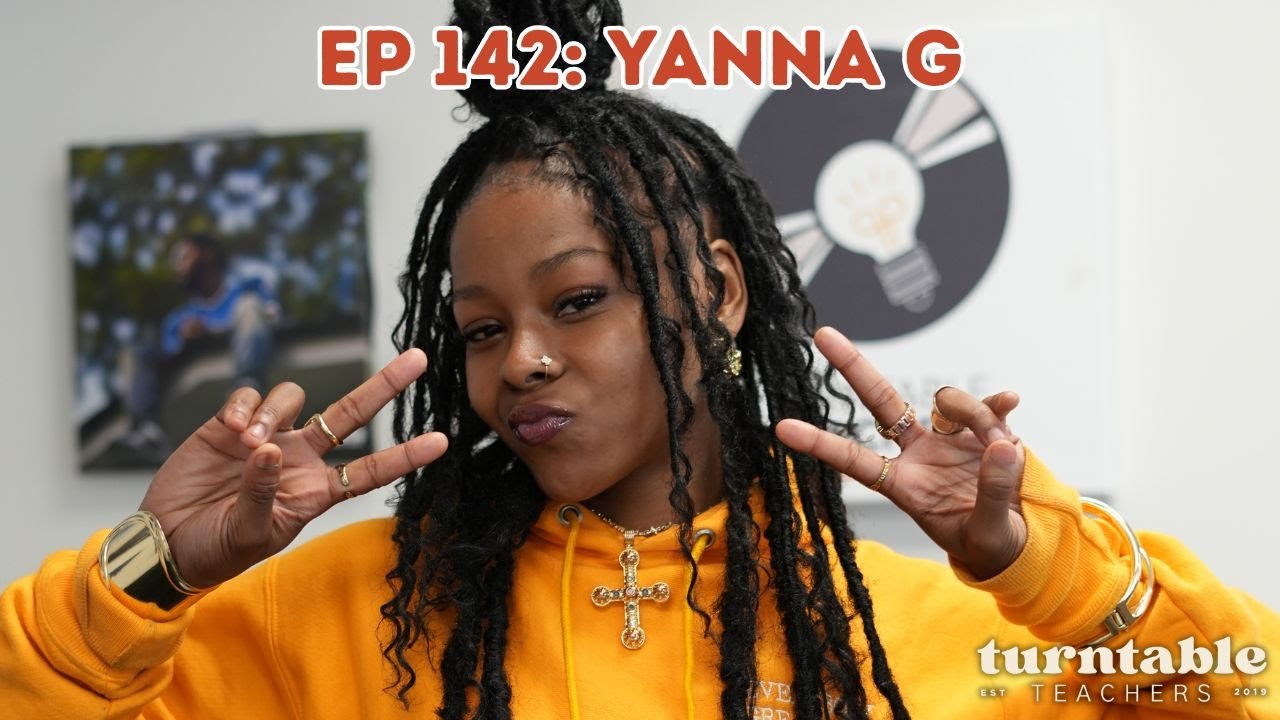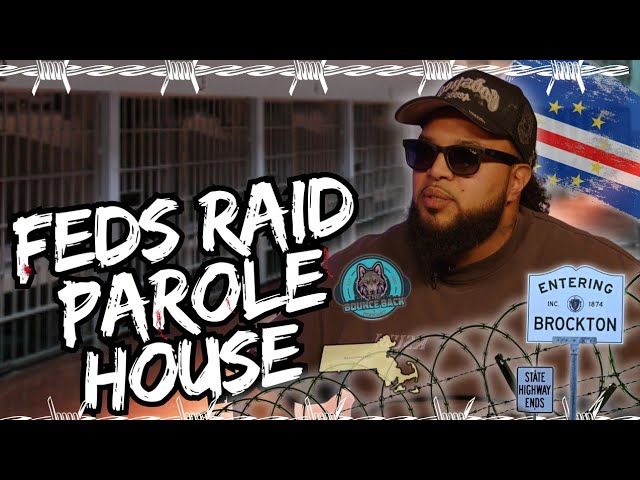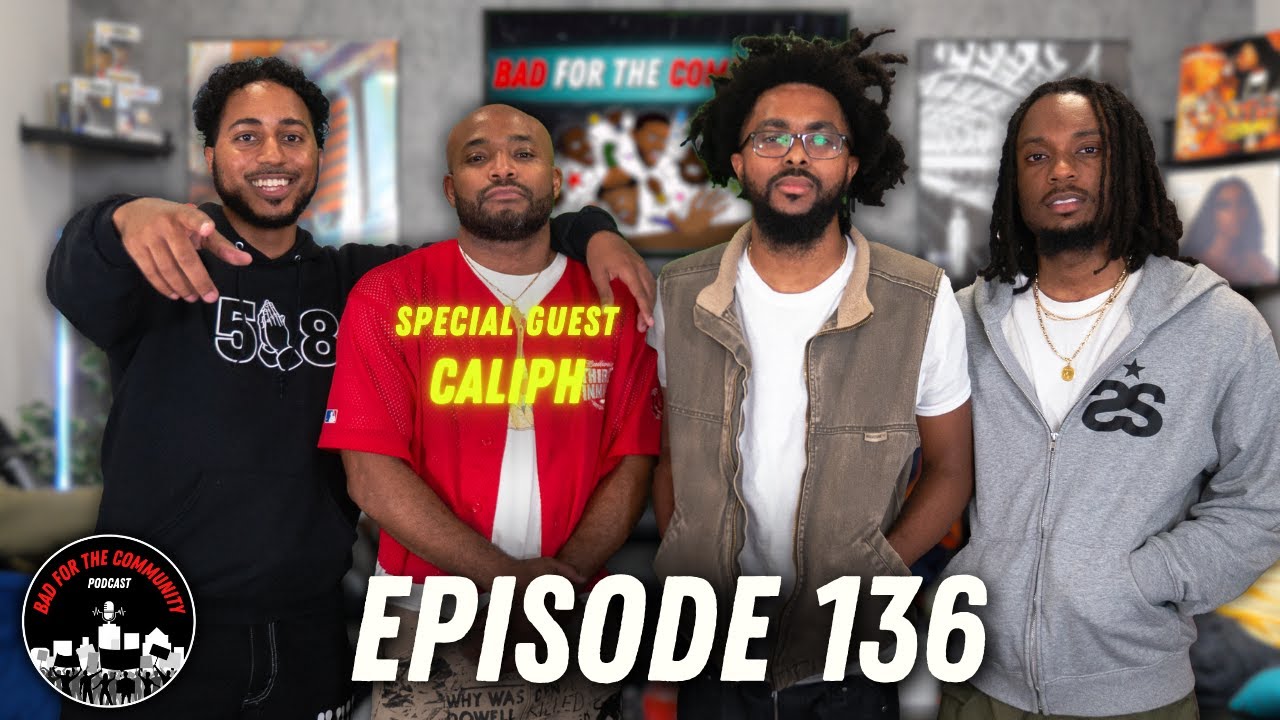TikTok officially went offline for over 170 million US users late Saturday night (January 18), ahead of the implementation of a law effectively banning the app in the United States. The Supreme Court upheld the legislation on Friday (January 17), requiring ByteDance to divest TikTok’s US operations due to national security concerns tied to its Chinese ownership.
The app now displays a message to US users stating that the law has banned TikTok and expressing hope for reinstatement under the incoming Trump administration. Users are also given the option to download their data. In compliance with the law, Google and Apple have removed TikTok, along with other ByteDance apps like CapCut and Lemon8, from their app stores.
ByteDance has expressed reluctance to sell TikTok’s US operations, citing the importance of its recommendation algorithm, which powers the app’s “For You” feed. Reports suggest that ByteDance might prefer shutting down TikTok in the US rather than compromising on this proprietary technology.
President-elect Donald Trump is considering an executive order to delay the law’s enforcement, potentially granting a 90-day extension to explore alternative solutions, including a possible sale of TikTok’s US operations. Trump is expected to address the matter after his inauguration on Monday (January 20).
TikTok CEO Shou Zi Chew thanked Trump for his willingness to work toward a solution and described the platform as a hub for free speech and creative expression. He emphasized the app’s importance for millions of users and businesses, highlighting its role in fostering communities and economic growth.
The ban has created uncertainty for industries reliant on TikTok for marketing, including music. Artists such as Billie Eilish, Taylor Swift, and Post Malone have heavily integrated TikTok into their promotional strategies. A prolonged shutdown could disrupt planned campaigns and affect audience engagement in the US.
The Biden administration, which signed the Protecting Americans from Foreign Adversary Controlled Applications Act into law in April 2024, stated that implementing the law would now fall to the incoming administration. Attorney General Merrick Garland welcomed the Supreme Court’s decision, citing it as a step toward safeguarding national security.
Meanwhile, proposals to acquire TikTok’s US operations have emerged. Project Liberty, led by entrepreneur Frank McCourt, has expressed interest in relaunching TikTok on a US-based digital infrastructure. Speculation has also surfaced about Elon Musk’s potential involvement, though no formal discussions have been confirmed.
The situation remains fluid, with the possibility of TikTok returning to US users depending on legal, political, and business developments in the coming days.

